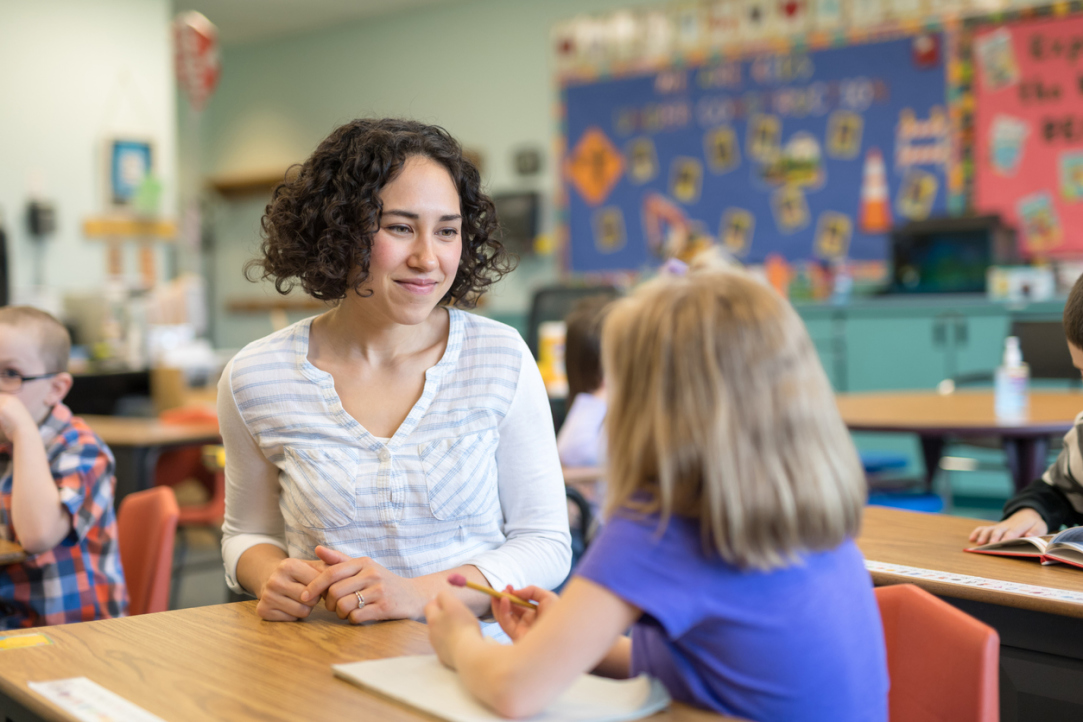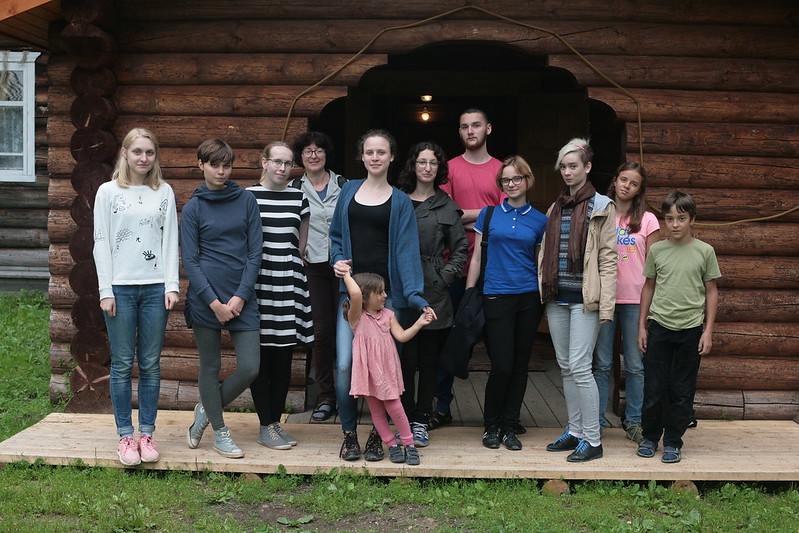
- A
- A
- A
- ABC
- ABC
- ABC
- А
- А
- А
- А
- А
The School of Linguistics was founded in December 2014. Today, the School offers undergraduate and graduate programs in theoretical and computational linguistics. Linguistics as it is taught and researched at the School does not simply involve mastering foreign languages. Rather, it is the science of language and the methods of its modeling. Research groups in the School of Linguistics study typology, socio-linguistics and areal linguistics, corpus linguistics and lexicography, ancient languages and the history of languages. The School is also developing linguistic technologies and electronic resources: corpora, training simulators, dictionaries, thesauruses, and tools for digital storage and processing of written texts.
Digital Humanities
Bangkok: Association for Computational Linguistics, 2024.
Khachaturyan M., Moroz G., Mamy P.
Journal of Sociolinguistics. 2025.
In press
Kazakova T., Vinyar A., Бакланов А. Е. et al.
In bk.: Первый Евразийский конгресс лингвистов. Москва, 9–13 декабря 2024: Тезисы докладов. M.: 2025.
arxiv.org. Computer Science. Cornell University, 2024
Tag "publications" – News

















- About
- About
- Key Figures & Facts
- Sustainability at HSE University
- Faculties & Departments
- International Partnerships
- Faculty & Staff
- HSE Buildings
- Public Enquiries
- Studies
- Admissions
- Programme Catalogue
- Undergraduate
- Graduate
- Exchange Programmes
- Summer Schools
- Semester in Moscow
- Business Internship
-
https://elearning.hse.ru/en/mooc/
Massive Open Online Courses
-
https://www.hse.ru/en/visual/
HSE Site for the Visually Impaired
-
http://5top100.com/
Russian Academic Excellence Project 5-100
- © HSE University 1993–2025 Contacts Copyright Privacy Policy Site Map
- Edit

